Managing Compassion Fatigue During the Darker Months
How Funeral Service Students Can Protect Their Well-Being This Winter
Winter often brings shorter days, colder weather, and a natural shift toward introspection. For students preparing for a career in funeral service—a field rooted in empathy and service—this time of year can also heighten emotional strain. Compassion fatigue, sometimes described as “the cost of caring,” occurs when the emotional demands of supporting grieving families begin to deplete your own emotional reserves.
As the daylight fades, it’s especially important for aspiring funeral directors, embalmers, and death-care professionals to prioritize their mental health. Here’s how you can recognize compassion fatigue and develop tools to navigate the darker months with resilience and purpose.
Understanding Compassion Fatigue
Compassion fatigue is a cumulative condition that builds over time. It can develop when you regularly engage with people who are experiencing trauma, loss, or significant emotional pain—something that is central to funeral service work.
Common Signs Include:
- Persistent exhaustion or low energy
- Feeling emotionally detached or numb
- Irritability or difficulty concentrating
- Reduced sense of accomplishment
- Trouble sleeping
- Increased anxiety, sadness, or overwhelm
Recognizing these indicators early allows you to take proactive steps before burnout takes hold.
Why Winter Amplifies Emotional Strain
The winter season can intensify mental fatigue for several reasons:
Less Sunlight & Shorter Days
Reduced daylight affects circadian rhythms and can lower serotonin levels, influencing mood and motivation.
Academic Pressures
Winter often collides with finals, practicum experiences, and application deadlines, increasing stress for students.
Holiday-Related Grief
You may witness families navigating heightened emotions during the holidays—a time that can magnify grief and loss.
Seasonal Isolation
Cold weather can lead to fewer social interactions and less time outdoors, making you more vulnerable to stress and fatigue.
Practical Strategies for Managing Compassion Fatigue This Winter
1. Set Emotional Boundaries
It’s okay to care deeply—and it’s also okay to step back. Practice identifying what belongs to you and what belongs to the families you serve.
Try this: After clinical or class work, say to yourself, “I honored their story today. Now I release what isn’t mine to carry.”
2. Build a Supportive Community
Lean on classmates, instructors, mentors, and peers who understand the unique demands of funeral service. Sometimes a short conversation with someone who “gets it” can be grounding.
3. Create Small, Restorative Rituals
A short walk in the daylight, five minutes of deep breathing, journaling, or sipping warm tea between tasks can help reset your emotional balance.
4. Prioritize Sleep and Consistent Routines
Good sleep is one of the strongest defenses against burnout. Aim for a regular schedule—even on weekends—and use calming nighttime habits to wind down.
5. Use Light and Movement
Consider sitting near natural light, using a light therapy lamp, or taking brief outdoor breaks whenever possible. Even gentle movement—stretching, yoga, or a quick walk—can improve mood and energy.
6. Talk to Someone When You Need Support
Your college’s counseling resources, student services, or a trusted instructor can be valuable allies. Seeking support early is a strength, not a weakness.
7. Practice Mindful Detachment
Techniques such as grounding exercises, meditation, or simple breathing patterns help reduce emotional overload. Even 90 seconds of slow, deliberate breathing can shift your stress response.
Remember: Caring for Yourself Enhances Your Ability to Care for Others
Compassion fatigue doesn’t mean you’re not cut out for the funeral service profession. In fact, experiencing it is often a sign that you care deeply. The important part is learning to protect your well-being so you can continue to serve with empathy, professionalism, and presence.
Winter’s darker months don’t have to dim your light. With intentional self-care, supportive connections, and healthy boundaries, you can navigate this season with resilience—and become a stronger funeral service professional because of it.

